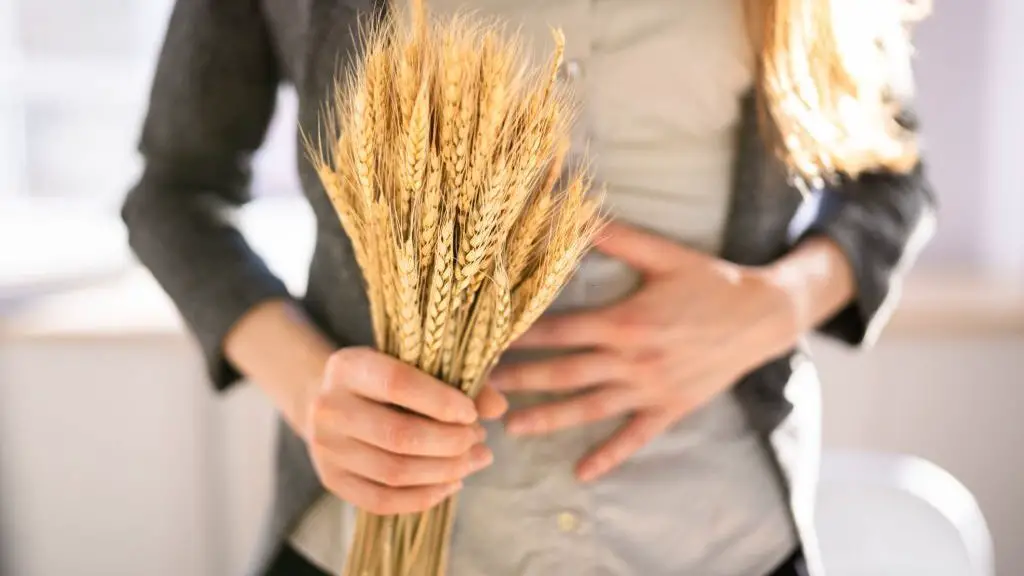
Gluten – this protein found in wheat, barley, and rye, has caused quite a stir in Islamic dietary circles. You see, Gluten is not directly seen as haram or forbidden.
Yes, the Gluten found in wheat, which comes from plants, is considered okay in Islam.
Rather, its status as halal (permissible) or haram depends on the food it is part of. In essence, it is not so much about the Gluten itself but how it is used that can lead to different viewpoints based on interpretations of Islamic Law.
To be sure something is halal, it is important to check that any product containing Gluten is made entirely from plants and does not include haram substances.
Exploring various perspectives and making your own educated decision is key. So, let us dive deeper into the “Is gluten halal” discussion.
Is Gluten Safe To Eat?
Gluten is often found in wheat and other related foods regularly.

Research suggests that whole grains, wheat included, can have health benefits. For example, folks who eat more whole grains, especially wheat, are less likely to experience a stroke or heart disease.
However, Gluten is not everyone’s best friend. While our bodies can easily break down proteins, Gluten is a bit of a tough cookie.
It can cause some disruption in the small intestine, leading to autoimmune reactions and other not-so-nice symptoms.
However, fear not. Not everyone has to deal with this. Just stay in the loop and keep a balanced diet.
Is Gluten Halal Or Haram
So, what is the bottom line? It comes down to the source. If Gluten comes from grains that are okay to eat under Islamic law, like wheat, barley, and rye, then it is considered halal and safe.
So, it is pretty simple: Gluten’s halal or haram status depends on where it comes from.
Since processed foods often have Gluten, it is a good idea to be careful. Always look at the ingredient and ensure there is nothing from haram sources—and sneak its way into all sorts of things – from sauces and spices to even beer.
Are Other Foods That Contain Gluten Halal
Some foods, like pork by-products or gelatin, can have forbidden ingredients. Gelatin’s halal/haram status depends on its origin, often derived from animals. You should always be mindful of processed foods or desserts containing pork gelatin.

For instance, Cereal is usually a gluten source, which may not be halal. Take Lucky Charms Cereal—its pork-derived gelatin makes it haram despite the halal gluten.
Remember, not all animal-derived ingredients are forbidden. Fish Gelatin, for instance, is halal and permissible.
Wrapping Up!
The answer for looking out if gluten is haram or halal all depends on where it comes from. It is said to be halal if you consume it from sources like legal grains such as wheat, barley, or rye.
But you will need to avoid it when the source is pork or beef. Similarly, Islam considers it as sin if it comes from the sources mentioned above.
